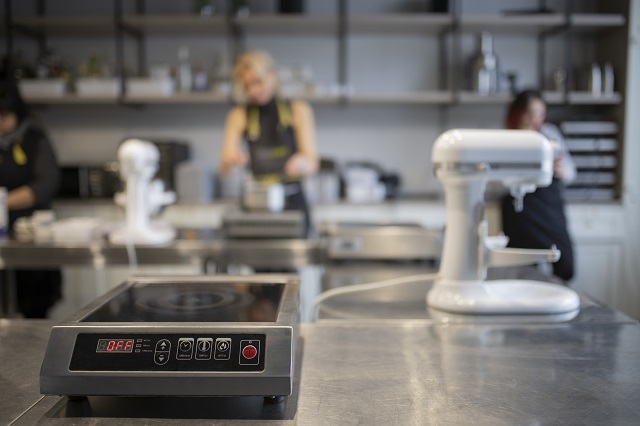Different businesses have different technological requirements, depending on the nature of the company’s activities. Among the devices that may be required in some businesses are commercial weighing scales. These scales have several benefits in various industries. When combined with other devices, they could be an accurate tool for measuring weight and batching products.
However, while these scales may have similar functions, other finer details in their functionality may cause a difference. There are several weighing scale features you’d have to consider to get it right. You may also have to take account of some aspects of your business to know what you need. Each business has a different requirement, and therefore a scale that works for a certain type of business may not efficiently work for you. So when buying commercial scales, it’s important to bear in mind the following aspects.
Table of Contents
Your Budget
Your budget may be the first thing to take note of when choosing a weighing scale. You don’t need a costly scale that would affect the cash flow of your business and cause losses or debts. It’s best to choose one that’s affordable and well within your budget limits.
However, this doesn’t mean you’d have to go for low-priced scales as they can be of low quality. You may end up incurring more expenses like repairs and maintenance when choosing low-quality scales. Look for reviews, and you’ll see what suits you best.
The Weight Of The Items To Be Measured
Different scales are designed to measure different sizes of materials. Some scales can withstand heavier loads, while others are more efficient with smaller loads that require precision. This is also an essential factor to put into consideration when purchasing a weighing scale.
Try to check the minimum and maximum amount of weight that the scale can comfortably and accurately measure. Then consider the nature of the items you’d mostly weigh on the scale. This way, you’d be able to get a suitable scale for your materials. Also, the scale must be able to withstand the weight after packaging the products.
Your Industry Application
Your industry application would significantly determine the weighing scale to choose. This is because different industries require different accuracies. For example, in pharmaceuticals and laboratories, precision is always a necessity, so the scale should measure decimal places and any slight changes.
In veterinary hospitals and clinics, animals could be restless. Therefore, the scale must be able to correctly measure the weight even when the animal moves. It should also be waterproof, considering the environment where it’s used, to prevent corrosion and washdown.
The Scale’s Readability
Readability refers to the smallest division by which you can read weight in a certain scale. For example, some scales would allow you to read to 0.1 g, while others would give readings to 0.0000001g. Generally, when the readability is lower, the more accurate the scale would be. Depending on the weight of the materials you’d measure, it might be better to go for scales with lower readability for a higher degree of accuracy.
Try to determine what readability is acceptable for your business. And before buying a scale, try to evaluate first its readability. Choosing the wrong scale for your business may result in inaccurate readings.
The Weighing Unit Used
Different scales will display different weighing units like kilograms, grams, ounces, or pounds. This depends on several factors, such as the type of business and location. For example, businesses in the United States generally prefer pounds, while in other countries, other units such as kilogram are used.
Meanwhile, some food stores normally use ounces, while laboratories use milligrams. Jewelers also use different units for measuring precious stones, including troy ounces.
So depending on your business needs, try to determine what unit you want your weighing scale to use. Ensure you check the scale’s display before buying it.
Its Connectivity To Other Devices
Some scales would require connectivity to other devices through Universal Serial Bus (USB) cables to collect data and relay information. In contrast, others have a display monitor showing the information without the need for another device. If you have the other devices, you may choose a scale that requires connectivity. Otherwise, you may go for the latter. Getting a scale that requires connectivity to other devices when you don’t have such devices would hinder the scale’s performance.
Conclusion
Even though commercial weighing scales primarily have the same functions, they are intended for different purposes. The issue of technology has further divided the functionality of these scales, so you have to be keen when choosing a particular type. You may consider these tips to help you determine how to get the correct scale for your business. After looking at the nature of your business, your budget, your weighing capacity, etc., you’d be good to go.


